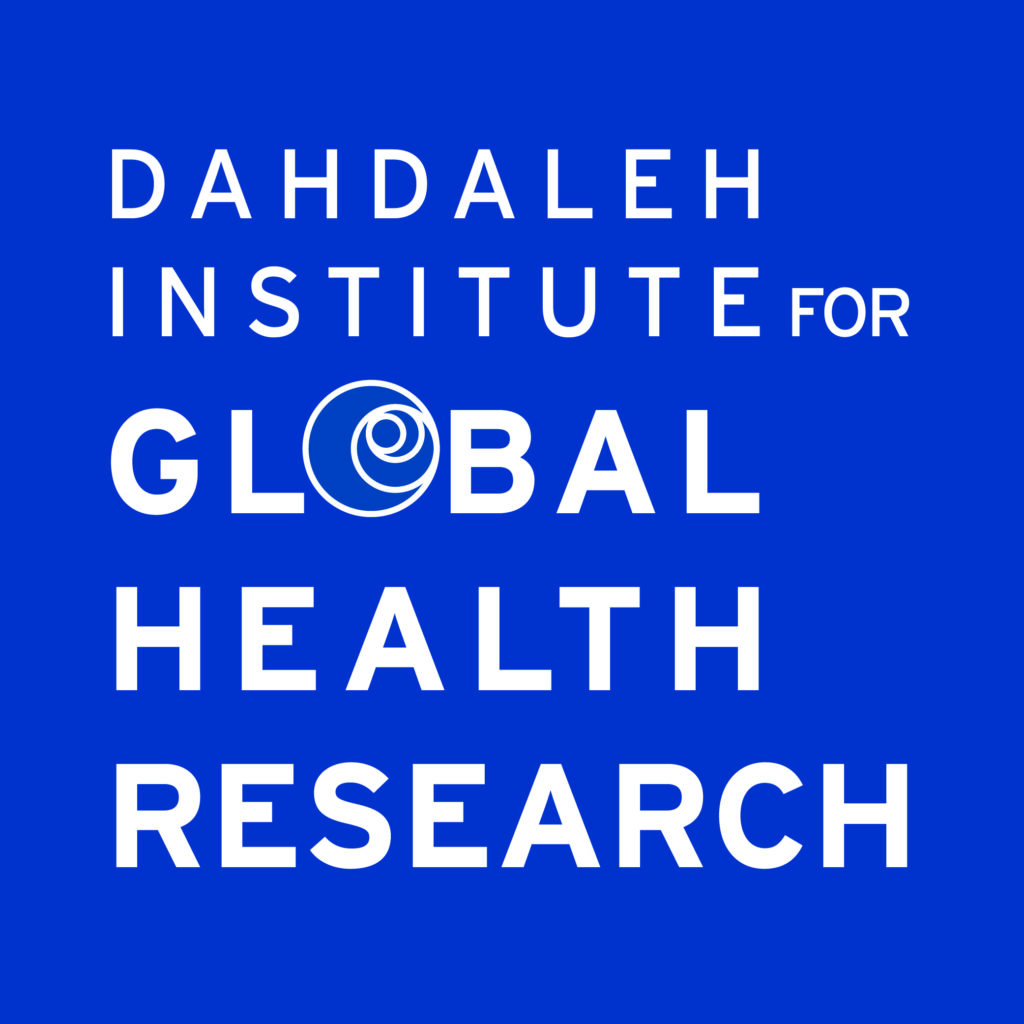While the future of global health is indeterminate, what we do now matters more than ever in shaping a global health that we want. This is a global health where greater effectiveness, equity, and excellence can be realized within the United Nations’ Sustainable Development Goals, formulated with the participation of self-determining nations. Yet, in this third decade of the 21st Century, the crisis in global governance with polarizing and unstable geopolitical power centers mean fraying and less effective multilateralism. At the same time, global warming, and ecological degradation, unprecedented and growing humanitarian needs, and major global health challenges of the commons continue as convergent forces shaping the reality of global health today. In this context and drawing from York University’s core commitments to transdisciplinarity and social justice, a critically informed practical problem-solving approach is vital to creating alternatives that can address existing needs and model a way forward for the future of global health.
For the 2023-2028 charter, the Dahdaleh Institute for Global Health Research (DI) seeks to enhance effectiveness, equity, and excellence in global health research through a critical problem-solving approach to 21st-century challenges in three thematic areas: 1) Planetary Health, 2) global health and Humanitarianism, and 3) Global Health Foresighting. Research is broadly conceived as knowledge creation (which includes knowledge mobilization and translation) that supports policy and practice relevant to these themes. The DI is recognized for its collaborative and transdisciplinary research and leadership in fostering a new generation of global health scholars and practitioners, who use experimental, experiential, and both qualitative and quantitative methods to actively contribute to the making of the story of global health.
We conduct research, teach, and form partnerships in three thematic areas.
Planetary Health
Our research calls urgent attention to the health of human civilization, the state of the natural systems and ecological boundaries in which we live, and the interdependent relationships and dynamics between these interwoven processes.
Global Health & Humanitarianism
We work to improve the clinical public health effectiveness of humanitarian response with scientific research, technological innovation, an appreciation of complex adaptive systems, and critical perspectives that address the realities of humanitarian policy and practice.
Global Health Foresighting
What is the global health we want? We ask this question in multiple ways and contexts, and we pursue innovative and transdisciplinary approaches to design more effective, just, and equitable solutions that address the health challenges of the global commons.
We value effectiveness, excellence, and equity in global health.
We use diverse methods to address the pressing global health challenges of our time, creating knowledge that supports policy and practice in our three thematic areas.
The Dahdaleh Institute is widely recognized for its collaborative and transdisciplinary research, its meaningful impacts, and its leadership in fostering a new generation of global health scholars and practitioners.
As a university-wide organized research unit (ORU), the Dahdaleh Institute is supported by eight faculties:
- School of the Arts, Media, Performance & Design
- Faculty of Education
- Faculty of Environmental and Urban Change
- Faculty of Health
- Lassonde School of Engineering
- Faculty of Liberal Arts & Professional Studies
- Osgoode Hall Law School
- Faculty of Science
At York University, ORUs which have a strong history of collaborative, innovative and interdisciplinary research. ORUs serve as synergistic hubs for participatory research programs that bring together expertise from across disciplines – we provide a home for research development beyond the traditional academic units.
Beryl Pilkington
Beryl Pilkington practiced nursing as a staff nurse and clinical specialist (maternal-newborn and women's health) before serving as a CUSO...Read more about this Person
Project Launch: Digital technologies and local food security in the context of COVID-19
The Dahdaleh Institute for Global Health Research has been awarded a SSHRC Partnership Engage Grant COVID-19 Special Initiative. The grant...Read more about this Post
Timothy Oppong
Dr. Timothy Bonney Oppong is an Epidemiologist and Public Health Professional with more than a decade of experience in research,...Read more about this Person
We are stewarded by real-world insights.

The Dahdaleh Institute was founded in 2015 at York University, Toronto, Canada, through an endowment from Victor Phillip Dahdaleh. Dahdaleh’s contribution is the largest donation from an alumnus in the university’s history. In the years that followed, interim director Mary Wiktorowicz, the Vice President Research & Innovation, and six York University Faculties – Education, Environmental and Urban Change (formerly Environmental Studies), Health, Lassonde School of Engineering, Liberal Arts & Professional Studies, and Osgoode Hall Law School – collaborated to make the Dahdaleh Institute a reality. With the appointment of Dr. James Orbinski as inaugural director and Theresa Dinh as inaugural coordinator, the Dahdaleh Institute’s academic priorities took shape and research activities began.
The wordmark of the Dahdaleh Institute for Global Health Research features a golden spiral in place of the "O" in "Global". The golden spiral is a circular presentation of the golden ratio—a mathematical ratio commonly found in nature and present in art, architecture, and design since antiquity. The golden ratio is relevant to mathematics, sciences, the arts, design, and other disciplines. The golden ratio is emblematic of the Dahdaleh Institute’s excellence in transdisciplinarity and our engagement with the complex and interwoven structures underlying real-world phenomena.
If you have any questions, please contact us at dighr@yorku.ca.
